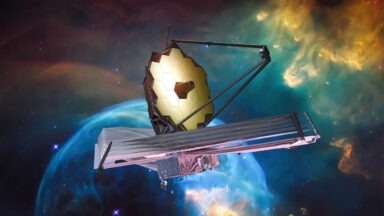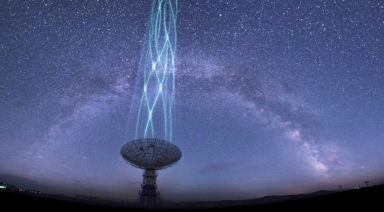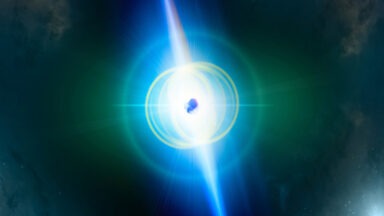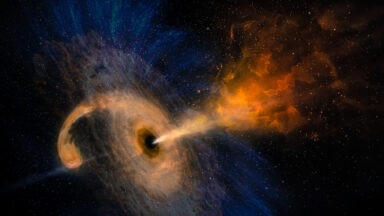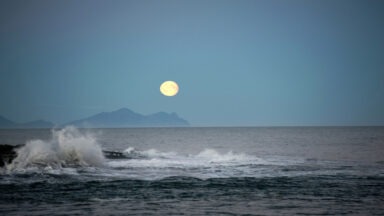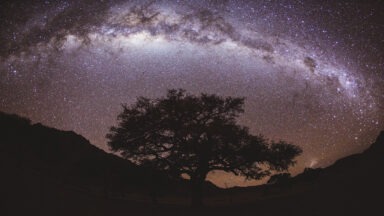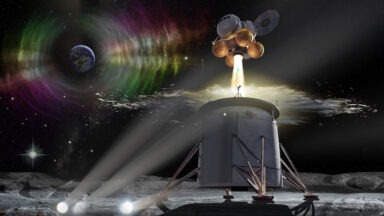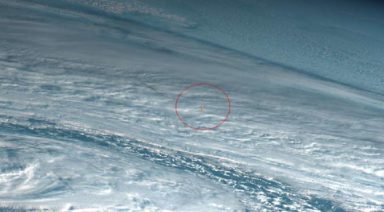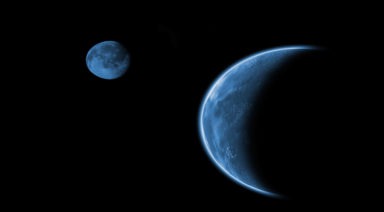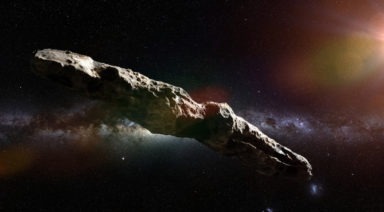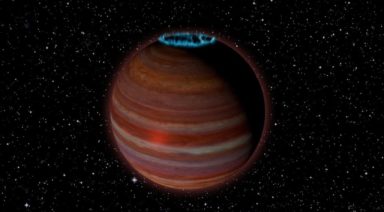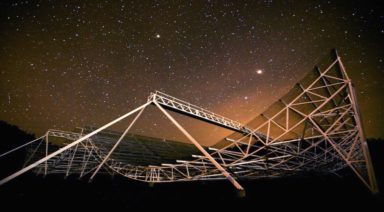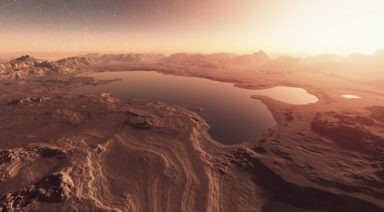5G Tech Could Significantly Impair Weather Forecasting Satellites
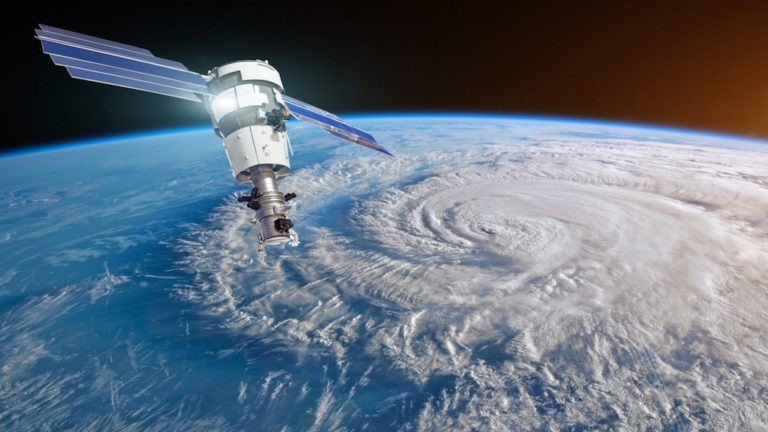
Concerns over 5G health risks are coming to a head, and while early adopters and tech junkies want it implemented as quickly as possible, a good percentage of the public is wondering why legislation ensuring radiation safety standards from wireless technology are almost nonexistent.
And now there’s even more reason for trepidation toward 5G, namely that it will set back weather forecasting technology by roughly four decades.
At least that’s according to the National Oceanic and Atmospheric Administration which issued a warning to lawmakers and wireless telecom giants trying to impinge on its satellite radio frequency bandwidth used to monitor our increasingly volatile climate and warn us of impending natural disasters. No big deal.
“The way 5G is being introduced could seriously compromise our ability to forecast major storms,” Tony McNally of the European Center for Medium-Range Weather Forecasts told the Guardian. “In the end it could make the difference between life and death. We are very concerned about this.”
That’s because the FCC offered the 24-GHz frequency band to wireless carriers earlier this year, the same range (23.6 -24 GHz) in which water vapor signals in the atmosphere are picked up by NOAA’s and other agencies’ weather satellites and microwave sounders. According to estimates, allowing 5G to live on this frequency would result in somewhere between a 30 to 77 percent data loss for NOAA satellites and bring our weather prediction capabilities to the same proficiency it had in 1980.
But that’s not all; similar auctions of other frequency bands used to detect snow, ice and clouds are also being scheduled for sale.
The US Navy even weighed in on the situation, saying that interference with this frequency range “will result in a partial-to-complete loss of remotely sensed water-vapor measurements.”
Of course, there seems to be a relatively simple solution to this problem – stricter regulation, a little bit of forethought, and maybe the patience to consult with experts in the field about the potential dangers of these new technologies before we just let our technocratic overlords run footloose and fancy-free.
Now if anyone calls you a Luddite for being apprehensive toward the rash construction of a sweeping 5G network, you have yet another example to give of just how recklessly Big Wireless and the FCC are acting. This doesn’t mean we can’t have nice things, let’s maybe just consider all the potentially negative outcomes before blindly building them.
For more on the dangers of wireless radiation, check out Resonance: Beings of Frequency:
How Can We Imbue Artificial Intelligence With Compassion?

Can artificial intelligence be designed to be compassionate?
Given the ever-increasing pace of development in the world of artificial intelligence, many scientists and researchers are calling for more rigorous regulation to avoid potentially disastrous consequences. And the idea of building positive human values, such as compassion into AI design is quickly gaining momentum
Gregg Braden is a former senior computer systems designer, best-selling author, and leader in the fields of science and spirituality.
“The topic of compassion in artificial intelligence, while in many circles people have never heard of it, in the circles of science and technology it’s a hot topic,” Braden said. “In one way or another, this topic is going to touch each of our lives, and it’s going to happen faster than we have been led to believe. Humankind is at a crossroads right now, for the first time in the history of our species, where we have the technology to support the philosophy of the way we think about ourselves and our relationship to the world around us, to software, to robots, to artificial intelligence, (and) to machine intelligence.”
“The development of AI is moving at an exponential rate, it’s no longer linear, and it’s not regulated,” he said. “We’re talking about AI that is going to be running huge national and international systems of electricity, power, energy, water, food, and weapons systems that are the reality of our lives today. So, if we’re going to allow artificial intelligence to play a vital role in our lives, we want that intelligence to be more than intelligent — we want it to be smart, we want it to be intuitive, and we want it to be compassionate, as it makes the decisions that affect all of our lives.”






